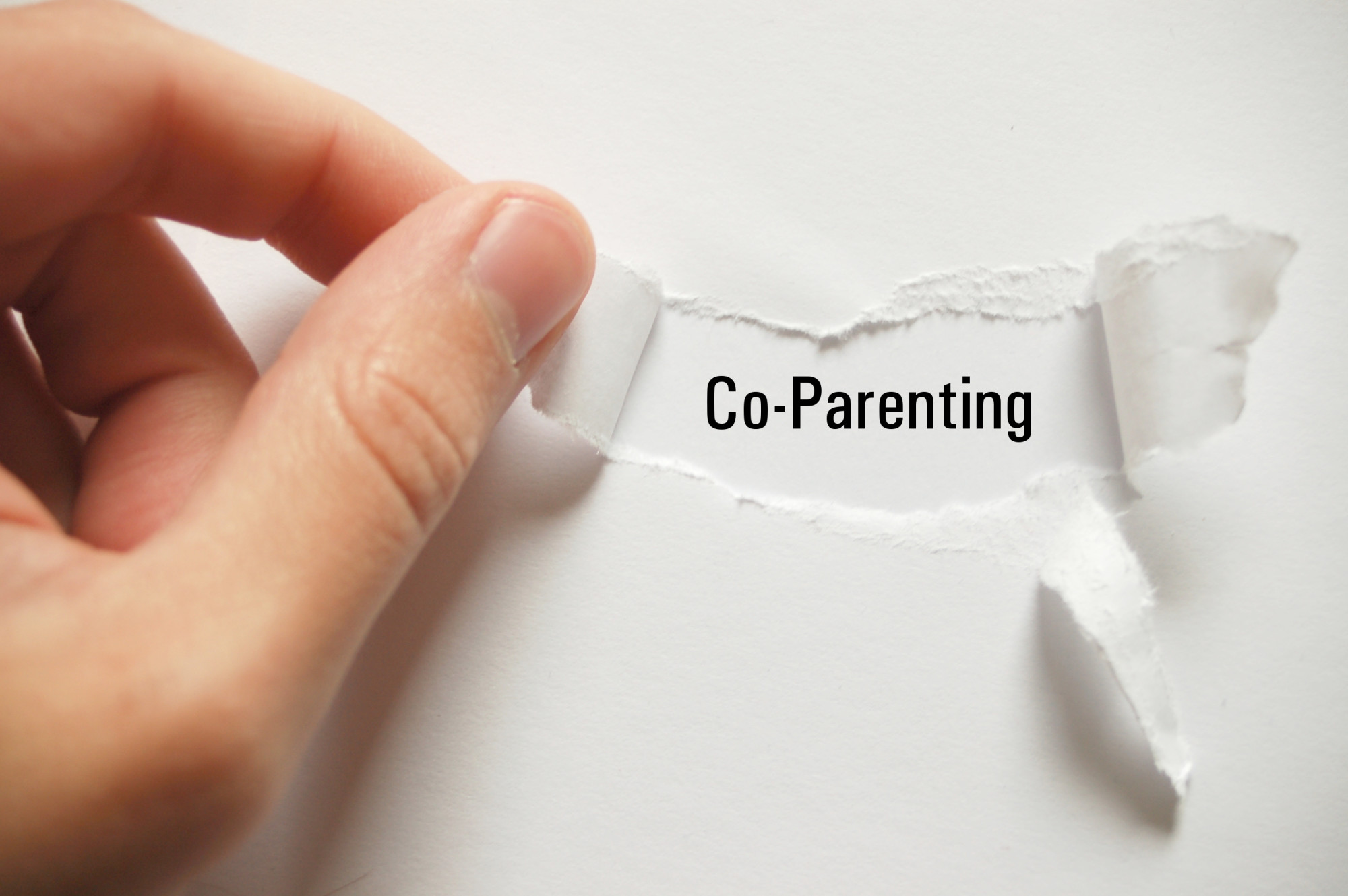Co-Parenting After Divorce: A Constantly Changing Challenge
Co-parenting after divorce is never easy. Divorce comes with a lot of heartache for everyone, even when it is the best choice. And the constant back-and-forth of co-parenting can lead to even more stress.
The keys to a good co-parenting agreement are flexibility and understanding, but how flexible? How understanding? Does the agreement need to be revisited periodically?
Actually, yes. A co-parenting agreement isn’t set in stone. Just like the people it affects, it needs to grow and change as life circumstances do.
Let’s look at a few times you should update your co-parenting agreement, and what that looks like for your family.
Co-Parenting Keys to Success
Divorce is hard. And it keeps being hard even after time has passed. Sometimes it can be stunning just how much your feeling toward this person you once loved has changed.
And yet, when there are children involved, the adults involved have to be willing to put the hurt aside in order to create a healthy, nurturing environment, especially when it comes to your co-parenting agreement.
So how can you make sure your co-parenting talks will be healthy and productive? A few ways.
Put the Hurt Aside
Providing there was not an issue of abuse in your marriage, it’s time to put the hurt aside, at least when you are dealing directly with issues around your kids.
You’re going to have to deal with this person for the duration of your kid’s childhoods, and probably longer. So now is the time to compartmentalize and do what you can to set aside the negative feelings.
Keep the Kids Out of It
Kids are not divorce messengers, and while you may still harbor anger toward your Ex, your kids just know that they are their parent, and they love them.
Trying to weaponize kids in order to change your co-parenting agreement isn’t fair or healthy for anyone involved. Changes to your agreement need to be between you and your ex.
Keep Communication Open
As long as there is no domestic abuse or toxicity, make sure you are communicating with your ex constantly. Updates on the kids, decisions that need to be made together, etc. It’s really like still being married, but without the cohabitation.
You need to be willing to listen, and willing to communicate. This is what facilitates an easier process.
SO now let’s dig in. When should you take a look at your co-parenting agreement?
Co-Parenting When One Parent Relocates
If one of you takes a new job or relocates for any reason, it’s time to look at the agreement. After all, if one of you lives in New Hampshire and the other in Arizona, those weekend visits are going to get a little difficult.
Parents sometimes have to move. It’s inevitable. But it’s vital to then take a look at your agreement so you can hash out where the kids are going to be.
It’s likely that a court will rule that the kids not accompany the moving parent (unless they were the custodial parent, to begin with), as staying at their current school and environment is typically best.
But negotiations can help hash out holidays and vacations to ensure ample time is still spent with the relocated parent.
Danger to the Child
If you feel your child is in danger, it is VITAL to go to the courts and request a change to your agreement.
Now, it’s important to understand that a different parenting style does not constitute abuse or danger, and the court will not change your agreement just because one parent allows juice at mealtimes while the other only allows water.
But if you are worried about suspicious bruising or newfound fears in your child, or are otherwise uneasy about their physical safety, you are within your rights to go to the courts, if only to request a temporary change while an investigation is carried out.
Periodic Maintenance
Like any agreement, as your kids grow, taking a look at the agreement is a good idea.
Sitting down and asking “Is this still working? Is this still in the best interests of everyone involved?” ensures that everyone’s needs are still being met and that everyone involved is still be served well by the agreement.
Think of this like a well-child check. It’s possible that nothing needs to change, that the agreement is still working and that everyone is fine with it. But this periodic check-in keeps communication lines open and everyone on the same page. It also helps to avoid pent-up frustration and resentment if one party is feeling slighted or annoyed.
Like with any part of your life, you want to check in occasionally to make sure everything is still healthy.
Negative Situations
Sometimes, your ex does not act in good faith and may refuse to honor your agreed upon schedule. If this happens, and you’ve attempted to resolve the issue yourself, it may be time to get the court involved.
The court can help you not only enforce your current agreement but change it to ensure that the non-custodial parent (or custodial parent) is not abusing their end of the agreement.
Co-Parenting After Divorce: A Constantly Changing Challenge
Whether you are an old hand at co-parenting after divorce or new to the entire process, you need someone to help you through. A family attorney can ensure that you are treated fairly during proceedings, and can help you navigate the complexities of family law.
If you need to create or revisit a co-parenting plan and don’t want to go it on your own, take a look here. You can find a family attorney in your area and get the help you need.
Sources
[1] Emotional Stages Of Divorce. (n.d.). Retrieved from https://www.womansdivorce.com/emotional-stages-of-divorce.html
[2] Patrick A. Coleman. (2017, September 19). Don’t Tear Down Your Ex in Front of Your Kids. Retrieved from https://www.fatherly.com/parenting/how-to-talk-young-child-about-ex-spouse/




Leave a Reply
Want to join the discussion?Feel free to contribute!